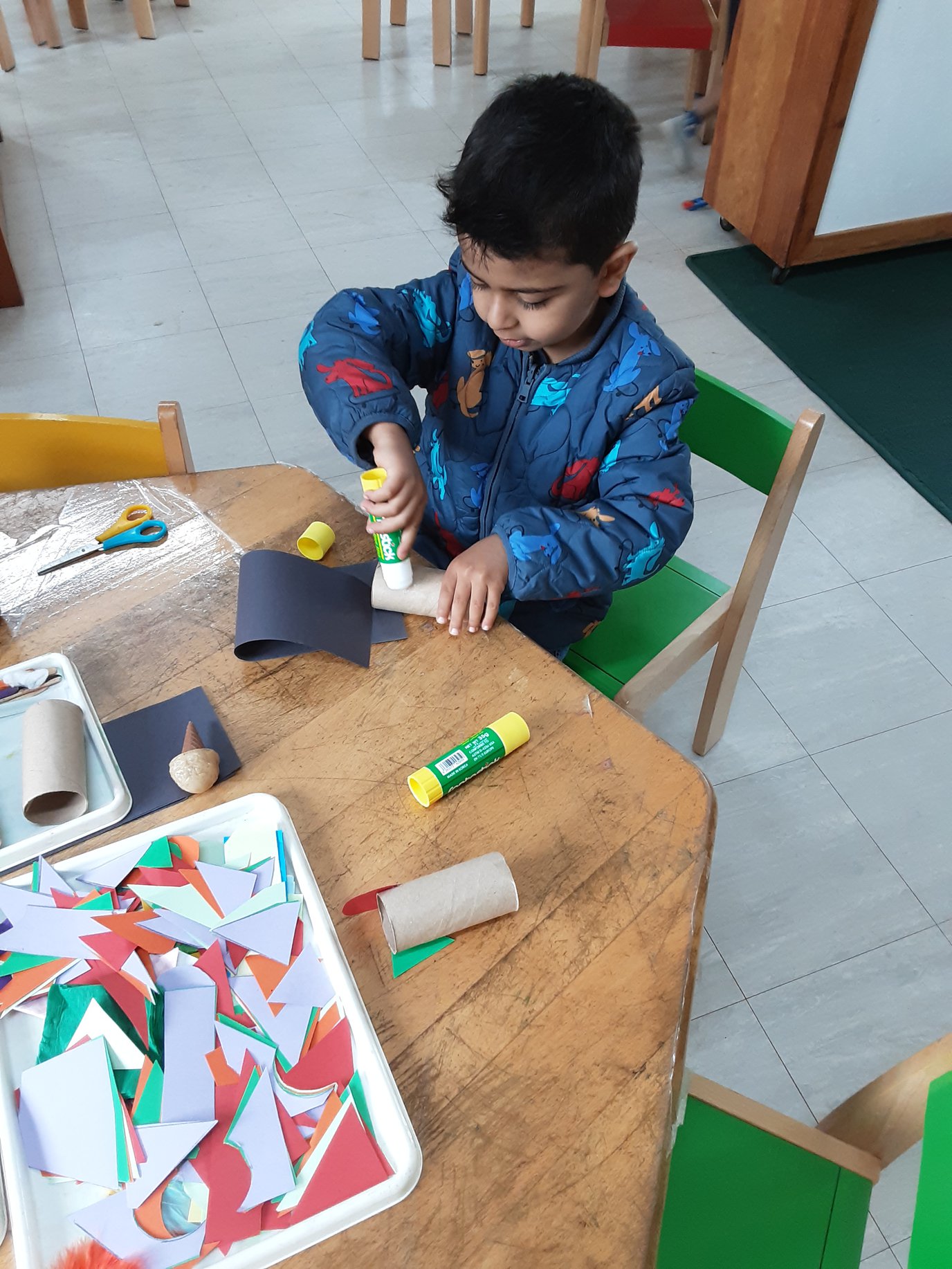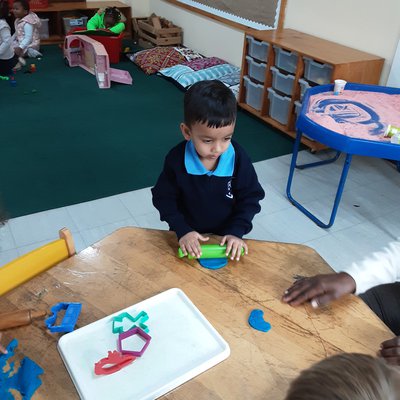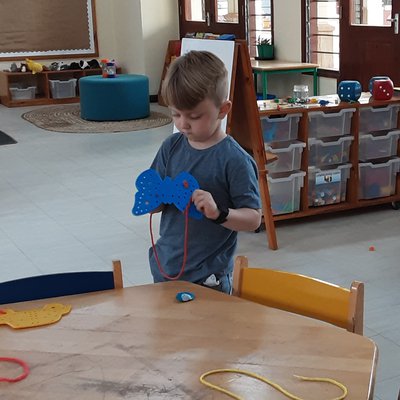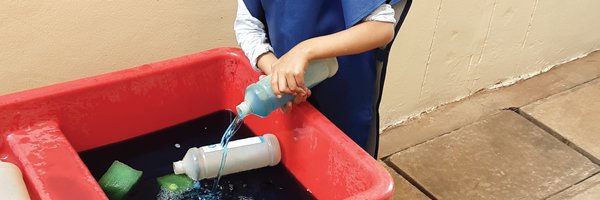
The Power of "Funky Fingers": Building Strong Foundations in Early Years
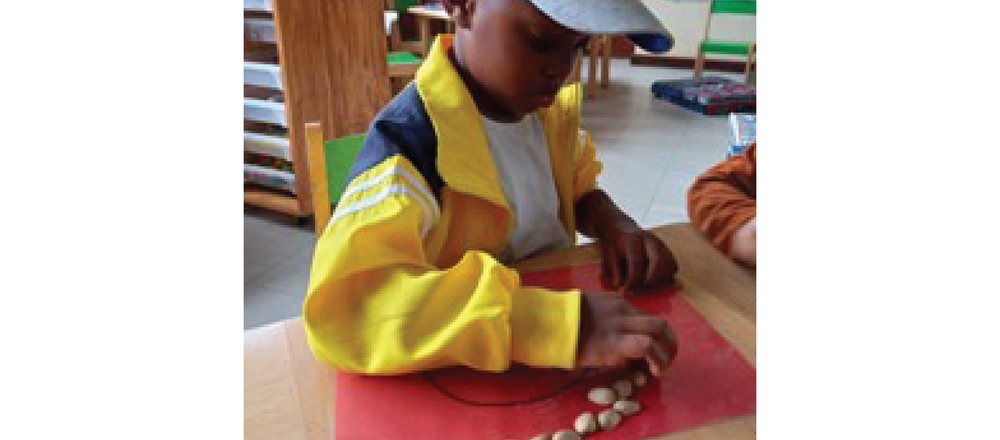
29th September 2023
In the world of early childhood development, a new phrase is lighting up the path to nurturing those essential fine motor skills - "Funky Fingers"!
Before children even think about picking up a pencil or learning to write, they are already on a journey of play and exploration, laying the foundation for their cognitive and physical growth.
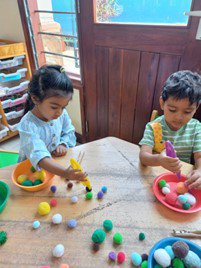
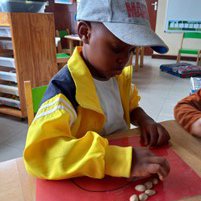
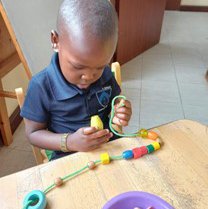
Why "Funky Fingers"?
Traditional methods involving tables, worksheets, colouring books, and pencils may not be the best way to cultivate these vital skills. Let's explore why "Funky Fingers" activities are crucial.
Children are naturally curious and eager to explore their surroundings. Before they dive into formal writing, they engage in seemingly simple yet crucial activities for fine motor skill development. Playdough squishing, bead stringing, block building, and log balancing are all examples of these playful activities that pave the way to mastering fine motor skills.
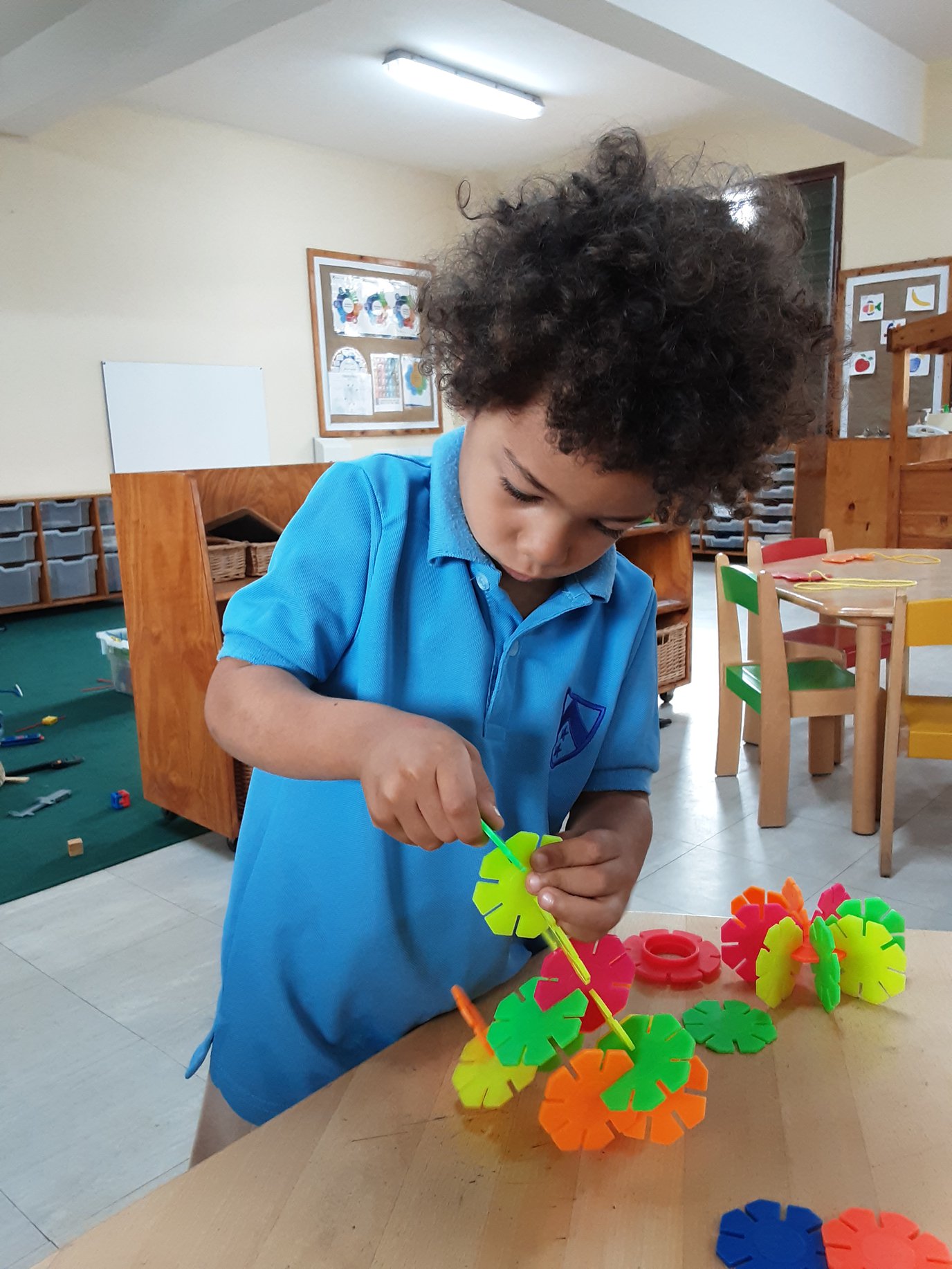
Fine motor skills are essential for a child's overall development, enabling them to perform everyday tasks independently and excel academically. From buttoning clothes to tying shoelaces, these skills are the building blocks of independence. Without proper fine motor development, children might face challenges with these essential life skills.
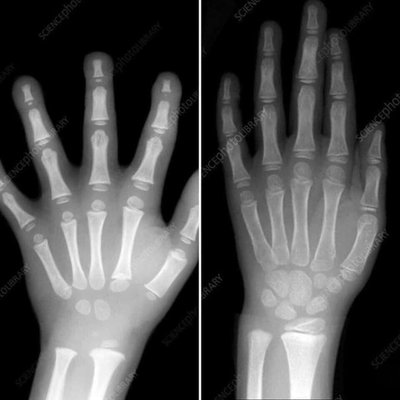
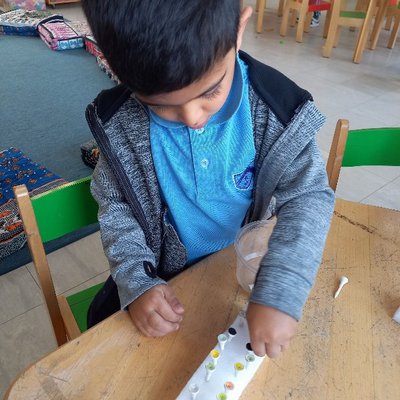
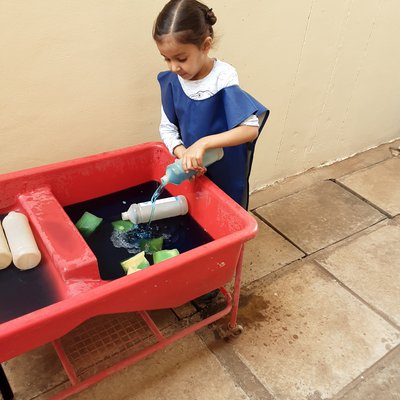
The "Funky Fingers" Advantage
- Playdough Magic: Playdough is a versatile medium that engages children's hand muscles as they squeeze, pinch, roll, and shape the dough, honing their motor skills while having a blast!
- Threading Beads: Stringing beads isn't just art; it's a puzzle for little fingers. It enhances hand-eye coordination and fine motor development while creating beautiful jewelry or artwork.
- Interconnecting Building Blocks: Constructing with blocks fosters spatial awareness and manual dexterity. Children learn to grasp, connect, and disconnect pieces, refining their fine motor skills while exploring their creativity.
- Balancing Act: Activities that involve balance and maneuvering, such as walking or balancing on logs, improve proprioception and coordination, contributing to overall fine motor skill development.
Article by Sakina Essaji.
